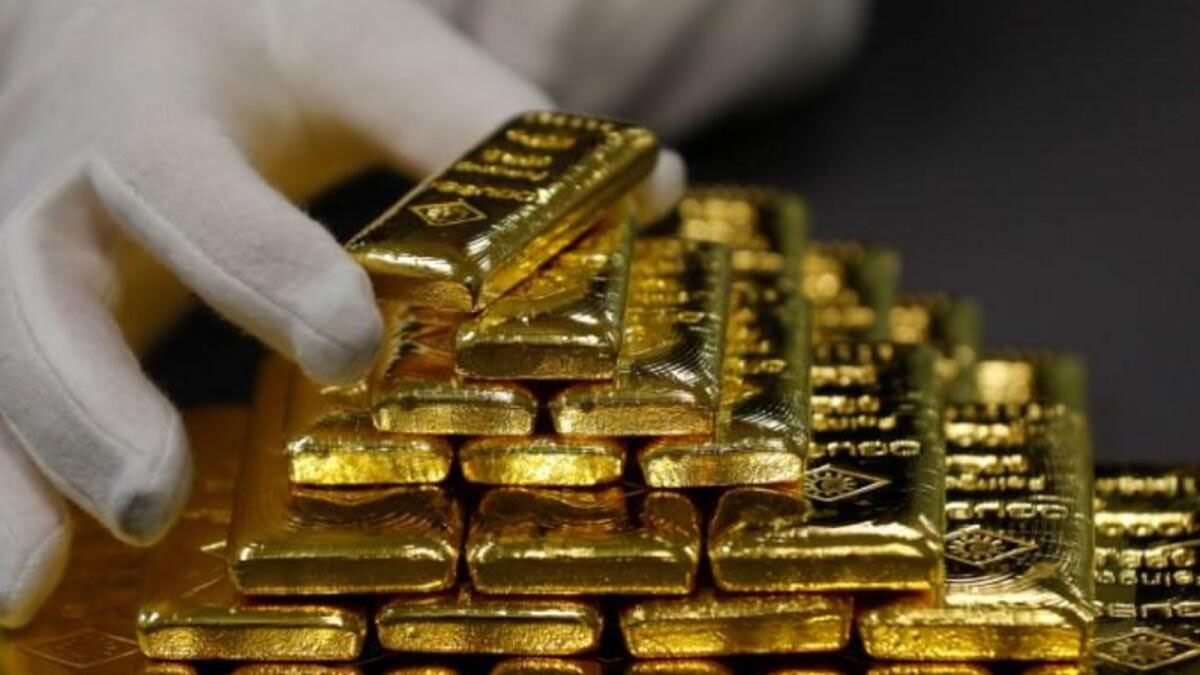
Photo Credit:Reuters
In the shadows of Africa’s booming gold production lies a clandestine trade that sees billions of dollars’ worth of the precious metal smuggled out of the continent each year. A staggering $35 billion worth of gold, primarily from artisanal and small-scale mining, bypasses official channels and is illicitly transported to the United Arab Emirates (UAE), as reported by SwissAid.
This underground economy thrives on the back of Africa’s artisanal miners, who, despite producing a significant portion of the world’s gold, often operate outside the formal economic system. The result is a massive outflow of undeclared gold, with estimates suggesting that between 80% to 85% of this gold ends up in the UAE.
The scale of this operation is immense. In 2022 alone, more than 435 tonnes of gold, valued at $30.7 billion based on May 1, 2024, prices, were smuggled out of Africa. This figure represents more than a tonne of gold leaving African shores every day, destined for the glimmering markets of Dubai and beyond.
While industrial gold—used in sectors like medicine, electronics, and aerospace—finds its way to countries like South Africa, Switzerland, and India, the bulk of artisanal gold heads straight to the UAE. This trend has positioned the UAE, Switzerland, and India as the top three importers of African gold, with the UAE alone accounting for over 47% of the continent’s gold imports in 2022.
The Implications of this illicit trade are far-reaching. Once the undeclared gold is imported by another country, it gains a legal existence, allowing it to be re-exported with little scrutiny of its origins. This loophole has significant consequences, as gold potentially linked to conflicts or human rights violations can enter the global market without traceability.
SwissAid’s report sheds light on an opaque industry where gold changes hands and crosses borders multiple times before reaching its final
destination. The study, which tracked the production and trade of gold across all 54 African countries over a decade, calls for urgent action. It highlights the need for better regulation and formalization of the gold sector to prevent smuggling and ensure that the wealth generated benefits the countries of origin.
As the report points out, governments can no longer hide behind the lack of data or poor-quality information to justify inaction. The call is clear: it’s time to step up controls, increase transparency, and formalize the sector to curb the loss of Africa’s golden wealth to the shadowy alleys of international trade.
The UAE’s Ministry of Economy has been contacted for comment, and the world awaits their response to these findings that implicate the nation as a central hub in this illicit trade. The gold rush may be a boon for some, but for Africa, it’s a lost opportunity—a wealth that could have propelled development and prosperity, now hidden in plain sight.

















